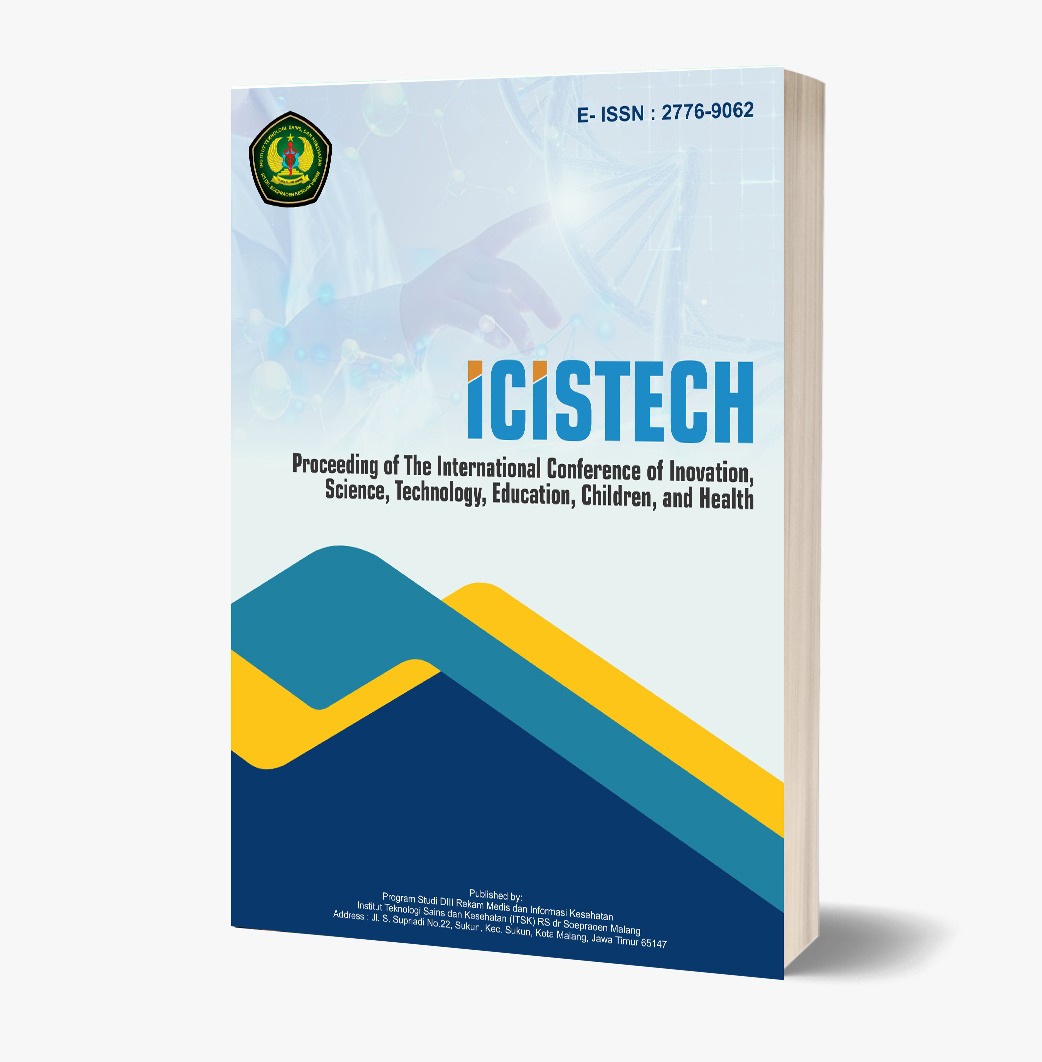The Universality of Education for Children with Special Needs in India: Current Status
DOI:
https://doi.org/10.62951/icistech.v2i1.22Keywords:
The Right to Education, Children with Special Needs, National Education PolicyAbstract
The Right to education is one of the basic fundamental rights upheld by the constitution of India to every child. Children with special needs face massive challenges in being able to access education equitably due to various reasons viz. a rigid curriculum, non-accessibility, untrained teachers, bullying, and attitudinal issues. The new NEP (National Education Policy) 2020 seems to bring across many progressive steps which when clubbed with the RPWD (Right of Persons with Disabilities) act 2016 offers hope for children with special needs. In this article, we try to examine the various provisions outlined in the new NEP 2020 in the backdrop of RPWD 2016. An understanding of which will lead to predicting the barriers and gaps one can come across in the future during implementation at the ground level. Something which remains a challenge for a country like India with the best policies yet few actions.
References
S. T., “Examining Disability Inclusion in India’s New National Education Policy.” https://canderesearch.wordpress.com/2020/08/12/examining-disability-inclusion-in-indias-new-national-education-policy/#:~:text=India’s National Education Policy 2020,education of children with disabilities.&text=The finalized policy incorporates several,organizations on the 2019 draft.
S. S. Gandhi, “Government of India,” Rehabilitation, 2010.
A. Thakkar, “The Essential Guide to Special Needs Education in India.” https://blog.firstcrayon.com/the-essentialguide-to-special-needs-education-in-india-47769fc4d234.
D. Singh, “INCLUSIVE EDUCATION IN INDIA – CONCEPT, NEED AND CHALLENGES,” Sch. Res. J. Humanit. Sci. English Lang., 2016.
M. Kalyanpur, “Equality, quality and quantity: Challenges in inclusive education policy and service provision in India,” Int. J. Incl. Educ., 2008, doi: 10.1080/13603110601103162.
S. Taneja-Johansson, N. Singal, and M. Samson, “Education of Children with Disabilities in Rural Indian Government Schools: A Long Road to Inclusion,” Int. J. Disabil. Dev. Educ., 2021, doi: 10.1080/1034912X.2021.1917525.
N. E. Policy, Ministry of Human Resource Development, Government of India. 2020.
S. Chakraborti-Ghosh, “Inclusive Education in India: A Developmental Milestone from Segregation to Inclusion,” J. Educ. Syst., 2017.
A. Advani, L., & Chadha, “The inclusive initiative in India,” J. Int. Assoc. Spec. Educ., vol. 2, no. 17–22, 2002.
J. Kothari, The Future of Disability Law in India: A Critical Analysis of the Persons with Disabilities (Equal Opportunities, Protection of Rights and Full Participation) Act 1995. 2012.
F. Gupta, K., & Siddiqui, “Salient features of measuring, interpreting and addressing Indian inflation,” 2014.
M. M. Panditrao and M. M. Panditrao, “National Education Policy 2020: What is in it for a student, a parent, a teacher, or us, as a Higher Education Institution/University?,” Adesh Univ. J. Med. Sci. Res., 2020, doi: 10.25259/aujmsr_32_2020.
S. Naina, “Different Policy Approaches to Inclusive Education in India,” Vidhi Legal Policy, 2020. https://vidhilegalpolicy.in/blog/different-policy-approaches-to-inclusive-education-in-india/.
A. Balakrishnan, K. Kulkarni, S. Moirangthem, C. N. Kumar, S. B. Math, and P. Murthy, “The rights of persons with disabilities Act 2016: Mental health implications,” Indian Journal of Psychological Medicine. 2019, doi: 10.4103/IJPSYM.IJPSYM_364_18.
S. Rao, Priyanka & Shrivastava, “Towards an Inclusive Education Framework in India,” Vidhi Legal Policy, 2020. https://vidhilegalpolicy.in/research/how-can-children-with-disabilities-be-meaningfully-included-in-indiaseducation-framework/.
J. & S. N. Khan, “Equitable and inclusive vision in the National Educational Policy 2020: A Critique,” Observer Research Foundation, 2020. https://www.orfonline.org/expert-speak/equitable-and-inclusive-vision-in-the-nep2020/.
S. and C. O. United Nations Educational, “A guidefor ensuring inclusion and equity in education,” 2017.
U. Sharma and A. Das, “Inclusive education in India: Past, present and future,” Support Learn., 2015, doi: 10.1111/1467-9604.12079.
N. Grills, J. Devabhaktula, N. Butcher, S. Arokiaraj, P. Kumar Das, and P. Anderson, “‘Inclusive education’ in India largely exclusive of children with a disability,” OPEN ACCESS, 2019.
J. Barnes, J. Gardiner, A. Sutcliffe, and E. Melhuish, “The parenting of preschool children by older mothers in the United Kingdom,” Eur. J. Dev. Psychol., 2014, doi: 10.1080/17405629.2013.863728.
M. B. Cahapay, “Ushering children with disabilities in the ‘new normal’ post-COVID-19 period: collective actions in the Philippines,” Disabil. Soc., 2021, doi: 10.1080/09687599.2020.1829557.
Chaterjee, “The movement for inclusive education,” India Together, 2013.
Downloads
Published
How to Cite
Issue
Section
License
Copyright (c) 2022 Proceeding of The International Conference of Inovation, Science, Technology, Education, Children, and Health

This work is licensed under a Creative Commons Attribution-ShareAlike 4.0 International License.













